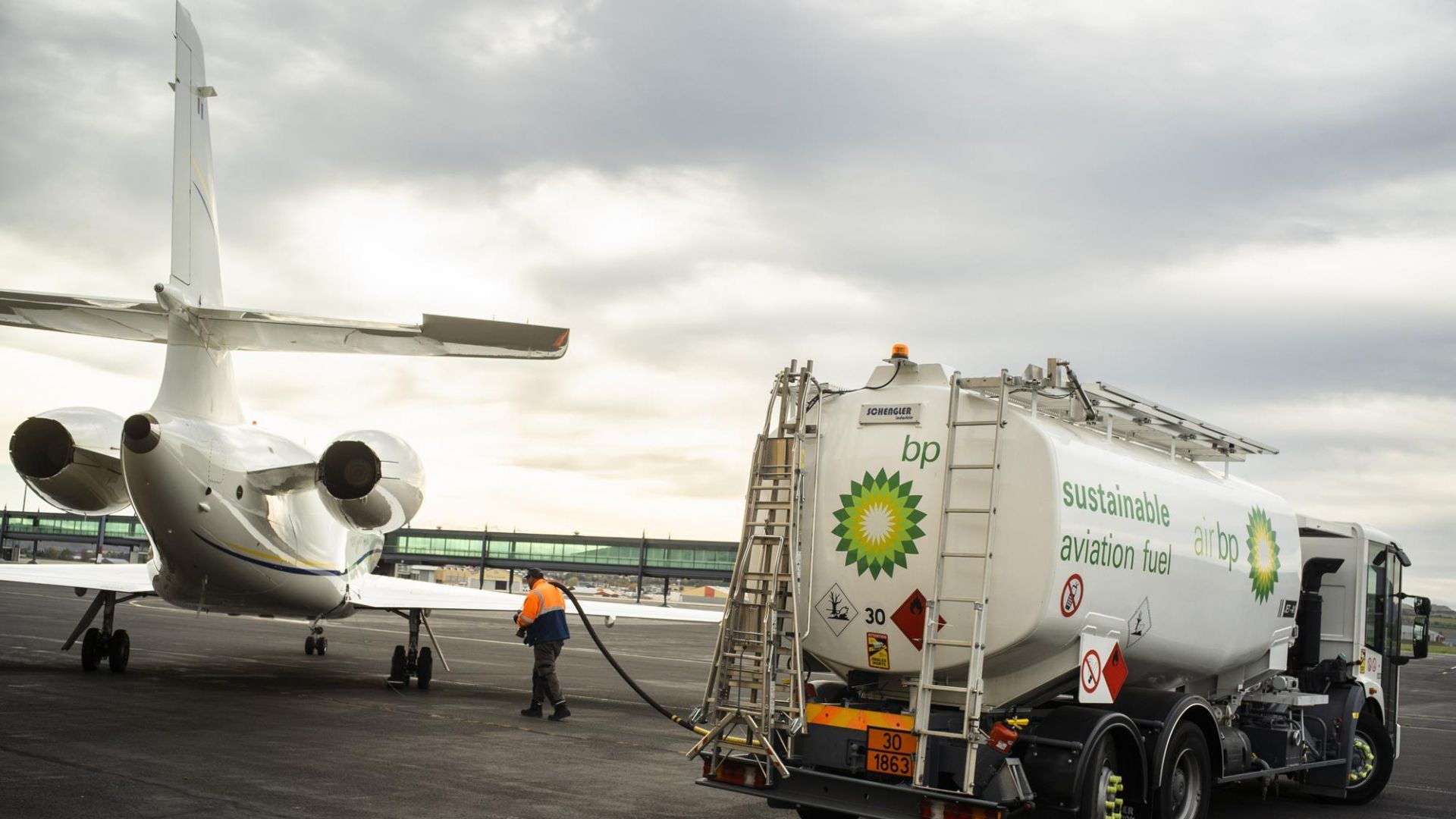The European Parliament has taken a strong first step, voting in favour of the sustainable aviation fuels report, which aims to make the aviation sector more sustainable in order to reach our climate goals. The proposal includes obligations for fuel suppliers to gradually increase the share of Sustainable Aviation Fuels (SAF) for all commercial flights in Europe. The S&D Group welcomes the approval of the report as many of our goals and priorities have been included: social and workers’ rights, higher targets for SAF, synthetic fuels, hydrogen and electricity, and a stronger regional perspective.
S&D rapporteur, Erik Bergkvist MEP, said:
“Thanks to our efforts in the S&D Group, the European Parliament has given its green light to gradually including sustainable aviation fuels in the aviation sector. This positive vote will contribute to turning the aviation sector from one of the most polluting sectors in the EU to one of the greenest modes of transport.
“This proposal is particularly important, as it is a crucial pillar of the Fit for 55 package and the first EU legislation on aviation fuels, bringing us one step closer to our climate ambitions, while at the same time improving regional connectivity and cohesion in the EU.”
S&D coordinator in the transport committee, Petar Vitanov MEP, commented:
“Our goal is clear: make aviation fuels more sustainable and green. By adopting this report, we are paving the way for sustainable aviation fuels that can reduce the life-cycle carbon footprint of aviation fuel by up to 80%. A very ambitious goal when you consider that sustainable aviation fuels currently make up less than 0.1% of total aviation fuel consumption.
“We will substantially increase the quantity of SAFs produced, with the final goal of ensuring clean fuels in the EU by 2050. Alongside this, thanks to the introduction of a binding mandate, synthetic aviation fuels will also need to increase up to 22% by 2050. This is a very positive mandate to start negotiations with the EU Council.”









